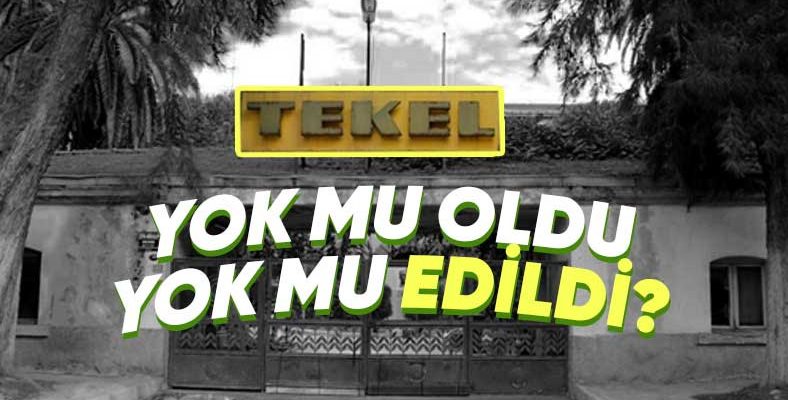Tekel, which was established as a state institution and became the sole arbiter of alcohol and tobacco, progressed its journey, which it started in 1862, with successful steps. However, this successful process was reversed with some decisions taken in the 1980s and this happened for Tekel. In 2009, there was no trace left of Tekel.
Tobacco, alcohol, salt, gunpowder and flammable substances great strength The sad end of Tekel, which came after its successful years, left some question marks in mind and actually victimized many people.
Let’s rewind the period from the establishment of Tekel to its destruction and meeting with tobacco lets start.
The tobacco adventure of the Ottoman Empire: prohibitions and freedoms
The Ottoman Empire was introduced to tobacco between 1600 and 1605. period English and Venetian sailorsThey spread tobacco to Ottoman lands and the story of tobacco in Ottoman lands began.
Tobacco production in Izmir’s Selçuk district Started production for the first time It began to become widespread in the Ottoman geography in 1612. However, in 1621, during the reign of Young Osman tobacco faced ban. IV. During the reign of Murat, many people died due to tobacco. people were killed and tobacco use was strictly regulated.
This oppressive period of tobacco began when Bahai Efendi began in 1646. with the release of tobacco Failure to cope with the bans resulted in the first official tax on tobacco. In 1696, as the cultivation areas were increased and Europe liked Ottoman tobacco, tobacco started to be exported.
Tekel started to pay the first foreign debt of the Ottoman Empire.
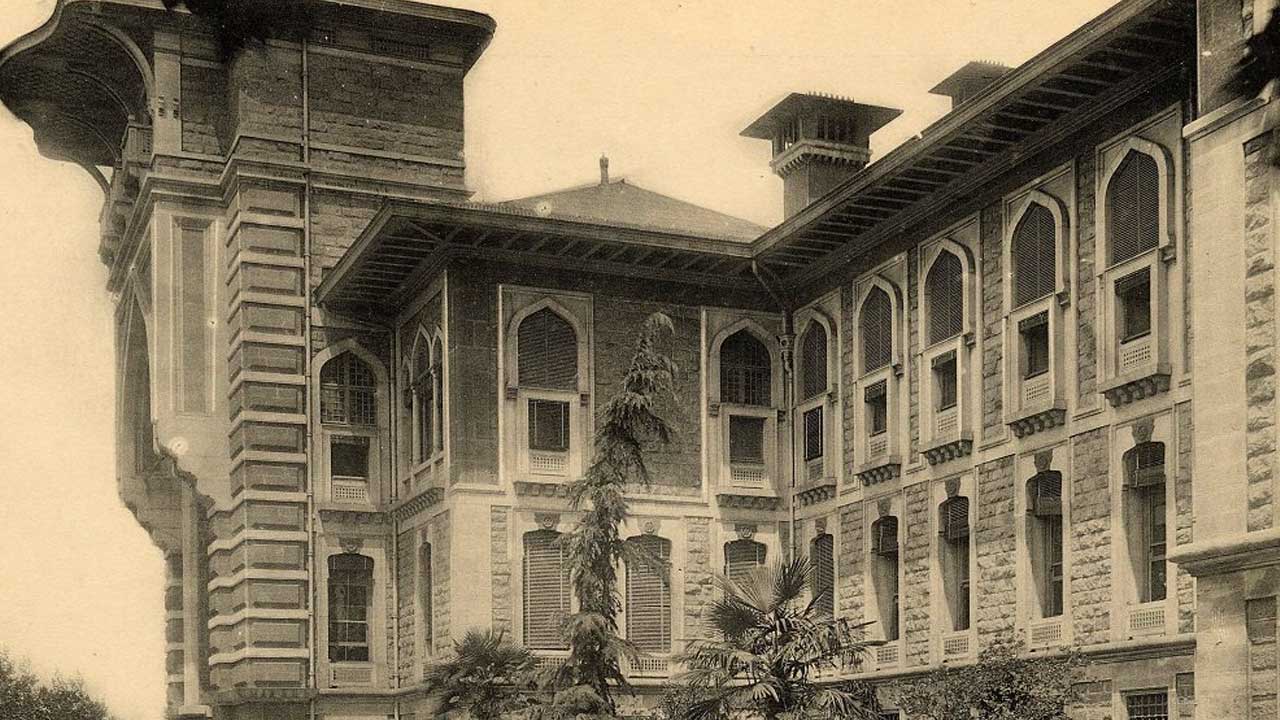
The Ottoman Empire faced a weak economic situation. The outbreak of the Ottoman-Russian War further disrupted the economic order of the empire and The need for external borrowing arose.
The Ottoman Empire decided to take out its first foreign debts in this difficult period. After the debt, a Trade Agreement was signed between the Ottoman Empire and France and England. By agreement tobacco import banned. This was a step towards encouraging domestic tobacco production.
In 1862 “Tekel” was established. This was the beginning of the period when tobacco businesses came under state protection. However, with the Rusumu Sitte Decree in 1879 Revenues from tobacco, salt and alcoholic beverages were first transferred to foreign bankers. Then in 1882 To Public Debt Debts (the institution that audited the internal and external debts of the Ottoman Empire) was left. Afterwards, the privilege passed to Memalik-i Osmaniye Duhanları Müşterekü’l-Menfaa Reji.
RELATED NEWS
We Have Not Just Met This Monster: Could the Ottoman Empire Cope with the First Great Inflation Experienced by the Turkish People?
The history of the subsequent developments is as follows:
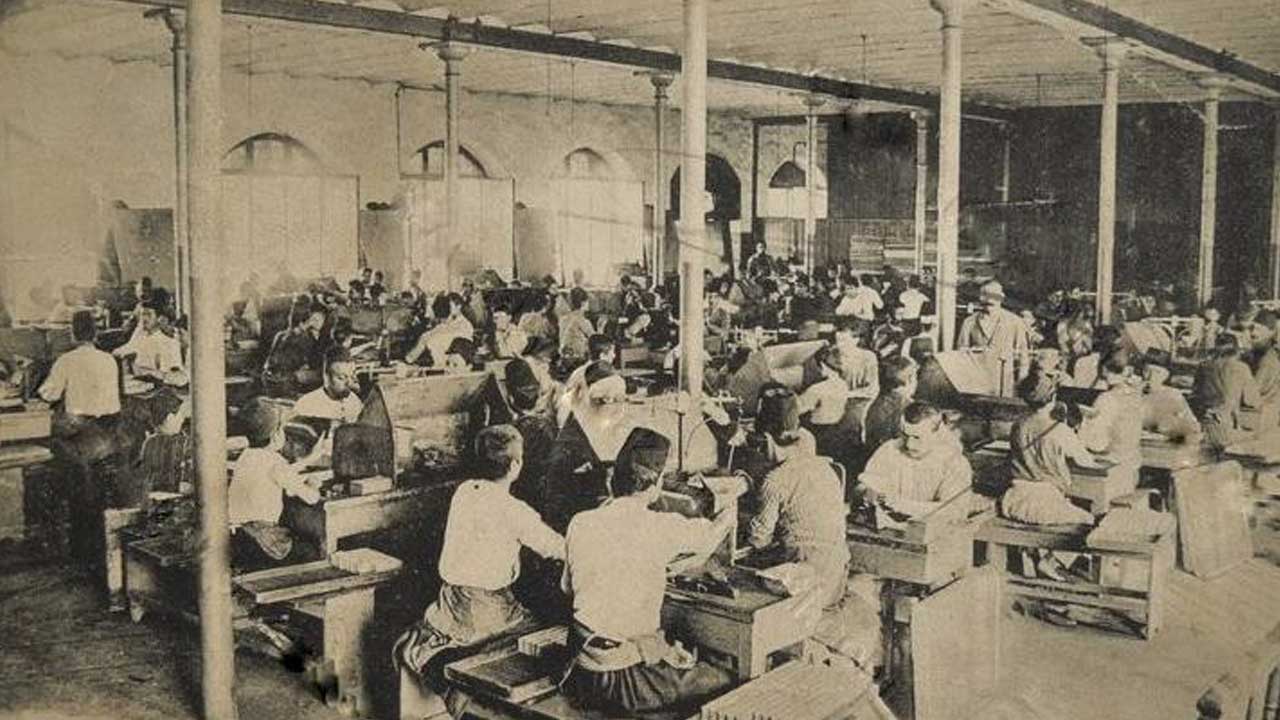
Samsun Tobacco Factory
- 1884-Cigarette factories were established in Cibali and Izmir.
- 1895-Adana Cigarette Factory was established.
- 1897-Samsun Cigarette Factory was established.
- 1905-Bomonti Beer Company was established.
- 1906-It was decided to establish Çamaltı Saltworks.
- 1920-Use of alcoholic beverages was banned.
- 1923-Regy was transferred to the state.
- 1925-It was decided that all tobacco-related services would be managed by the state.
- 1930-Tobacco Monopoly Law was accepted.
- 1931-Ministry of Customs and Monopoly was established.
- 1932-Tekel’s monopoly was given to the General Directorate of Monopolies.
- 1932-Tobacco, alcoholic beverages and salt were placed under state monopoly.
- 1934-Gunpowder and explosives were placed under state monopoly.
- 1946-Tekel’s name became Tekel General Directorate.
- 1946-The operation of the lighter and matches monopoly was given to the General Directorate of Tekel.
- 1952-Matches were removed from the state monopoly.
- 1955-Gunpowder and explosives were removed from the state monopoly.
- 1962-Çanakkale Wine and Brandy Factory was established.
- 1970-Şanlıurfa Suma Factory was established.
- 1972-Yozgat Beer Factory was established.
- 1973-Tea was removed from the state monopoly.
- 1983-Cigarette production permission was given to the private sector on the condition of joint cigarette production and export with Tekel.
- 1984-Tekel started importing foreign cigarettes.
- 1987-General Directorate of Tekel Enterprises name; Its short name changed to “Tekel” and its acronym changed to “General Directorate of Tobacco, Tobacco Products, Salt and Alcohol Enterprises”.
Tekel’s fate began to change when local and foreign companies were allowed to produce tobacco.
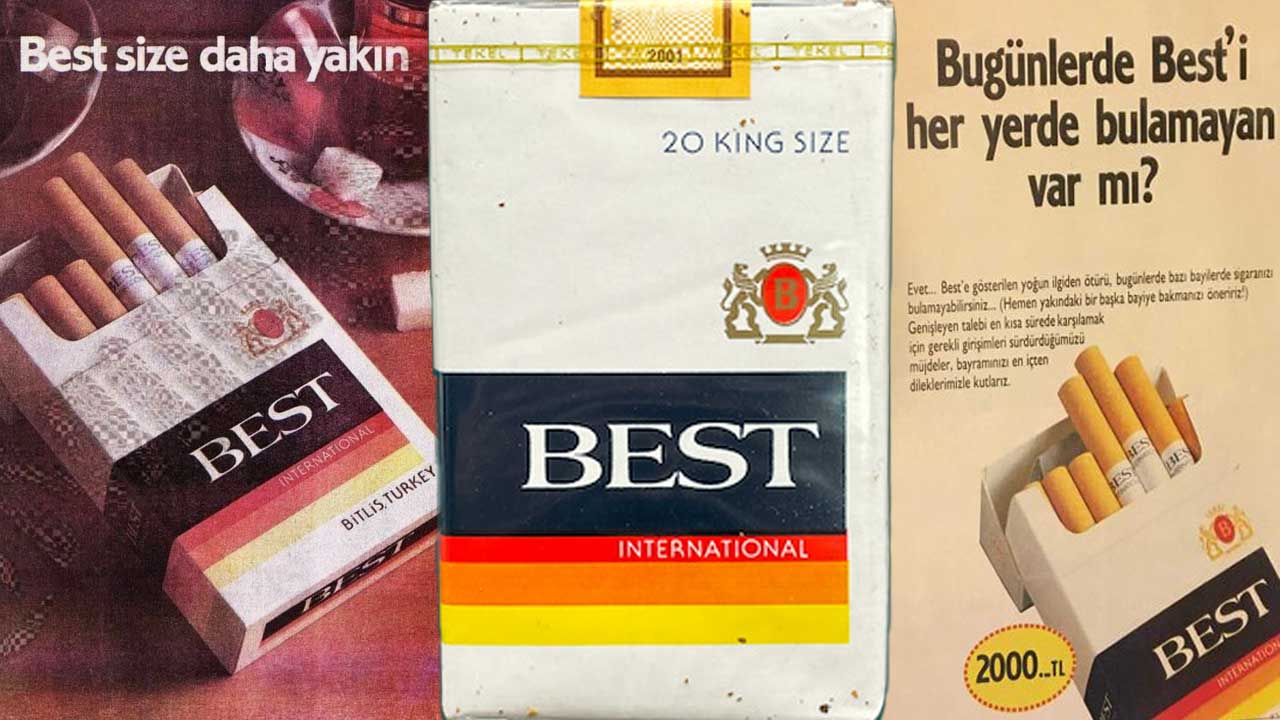
Following the decision taken in 1983, Bitlis Entegre Sanayi AŞ was established and Cigarette named “Best” started tobacco production and Tekel became a 25% partner in the company in 1988. Cigarettes produced by this partnership It started to be sold domestically as well.
In 1984 Lifting the foreign cigarette import ban With this, Tekel’s transition from being a monopoly began. With a quick decision in 1986 Turkish tobacco monopoly abolished and domestic and foreign capitals were allowed to produce tobacco in partnership with Tekel. This was one of the biggest blows Tekel received and lost its dominance in the market.
Foreign companies have become increasingly widespread, and this has turned tobacco-producing Turkey into a tobacco-exporting country.
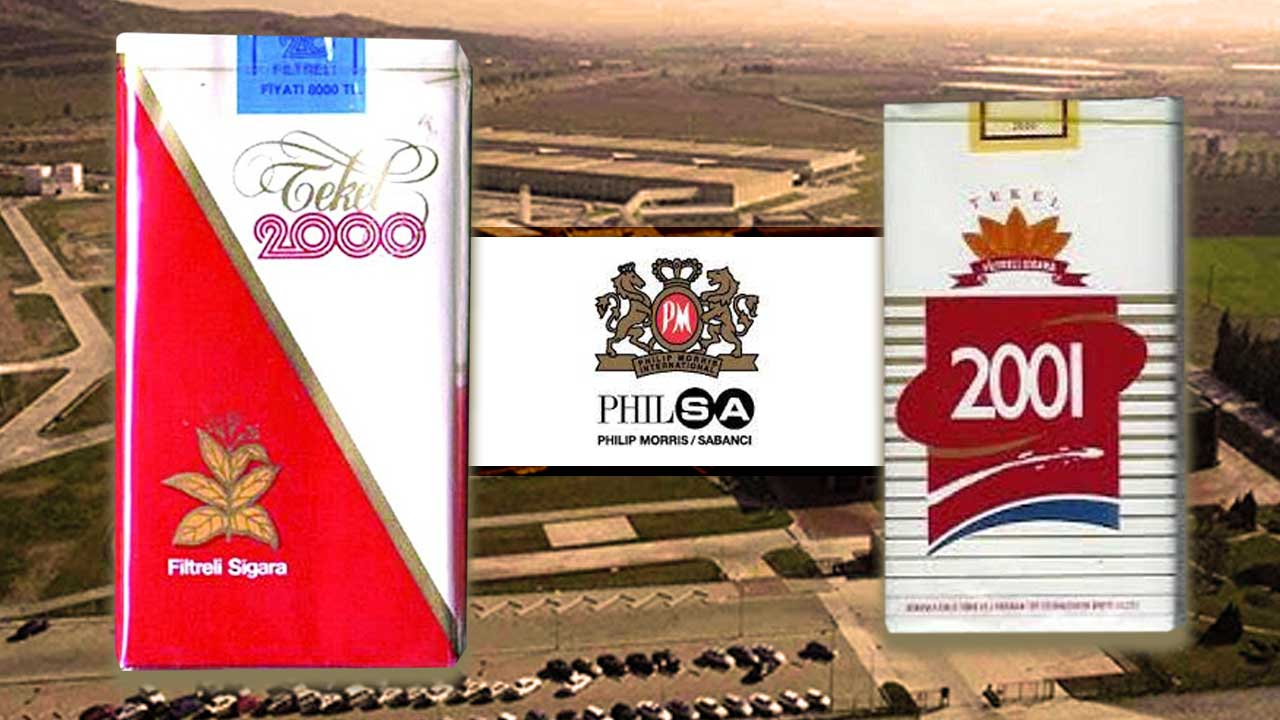
With the lifting of the foreign tobacco import ban, 85% American tobacco and 15% Turkish tobacco. Tekel 2000 cigarette production started. Thus, the way was opened for foreign tobacco to enter Turkey. In 1990, Philips Morris established the Philsa Cigarette Factory in Izmir, in partnership with Sabancı Holding.
The monopoly partnership requirement was also abolished in 1991. In 1992, RJ Reynolds and many private companies American origin tobacco started production. American tobacco became more widespread with the production of Tekel in 2001 to compete with American cigarettes. The use of 85% American tobacco increased tobacco imports.
Tansu freckles of the government quota for Turkish tobaccoWelfare Party continues this practice, The collapse of Tekel started it.
RELATED NEWS
Sabancı Quit Smoking(!): Sabancı Holding Withdrew from the Cigarette Industry by Selling All Its Shares
Tekel’s privatization period has begun.
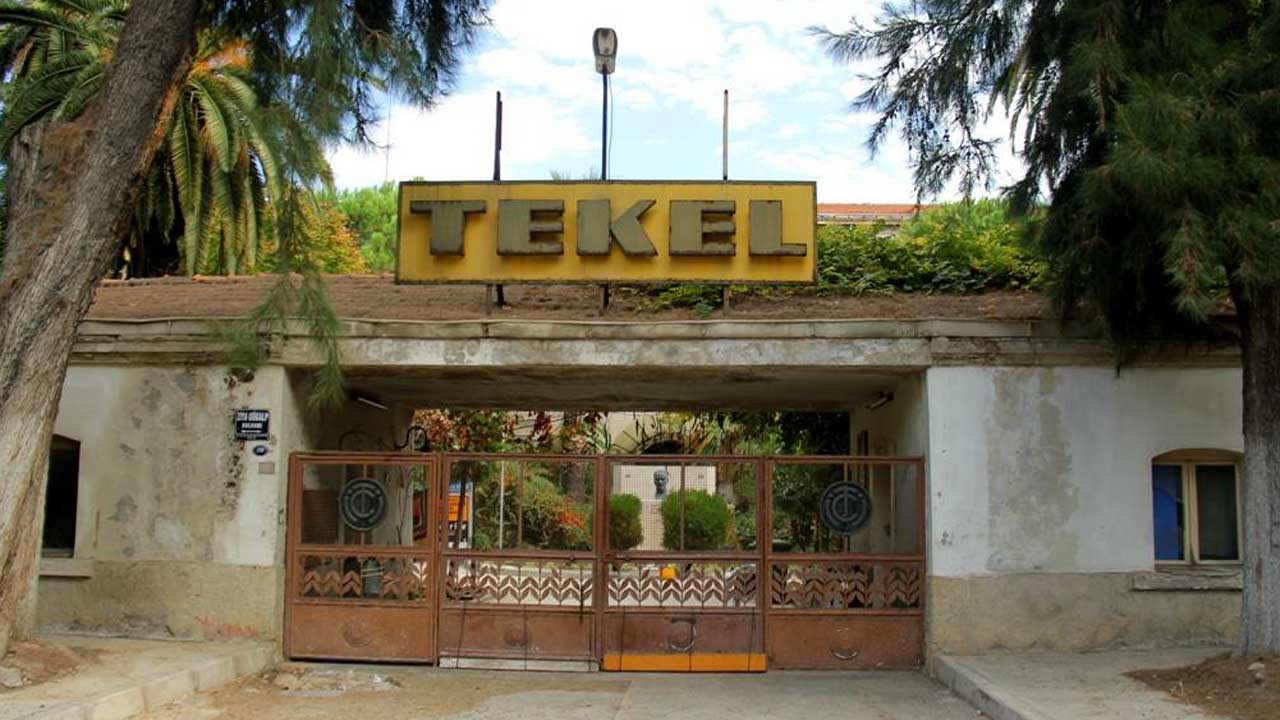
Izmir Tekel Factory
With the decision of the Privatization High Council in 2001, Tekel included in the scope of privatization. In 2002, the Tobacco, Tobacco Products and Alcoholic Beverages Market Regulatory Authority (TAPDK) was established and with this, 9 units belonging to Tekel (Ankara, Çanakkale, Diyarbakır, İstanbul, İzmir, Ürgüp, Şanlıurfa, Kırıkkale, Yozgat) The cigarette factories were closed one by one. In 2003, Tekel’s cigarette and alcoholic beverages department was transformed into a joint stock company and put out to tender within two days.
Customs and Monopoly Minister Recai Baturalp, the first Customs and Monopoly Minister Vural Arıkan, Health Minister Bülent Akarcalı and State Minister Yüksel Yalova, who opposed privatization. became one of his ministries.
Meanwhile in 2002 British American Tobaccoin 2004 EUROPEANin 2005 IMPERIAL, started producing cigarettes. Philip Morris While its market share in Turkey increased to 42%, Tekel’s share fell to 33%. In 2007, 65% of tobacco purchases were private sector It has become made by.
And Tekel started to be sold with its alcohol section.
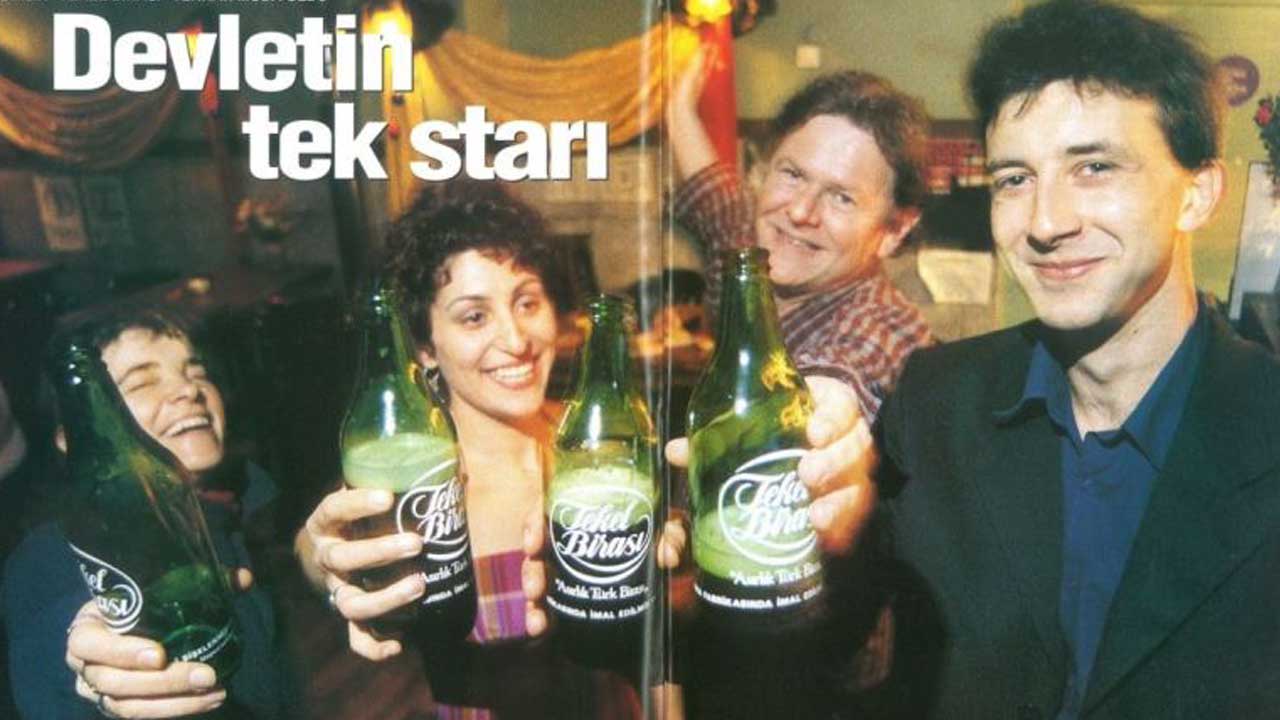
Alcoholic Drinks San., which was a subsidiary of Tekel but was converted into a joint stock company. and Tic. AŞ was transferred to the Nurol-Özaltın-TÜTSAB Joint Venture Group at the end of 2003. For 292 million dollars (432 million TL) sold. The group deals with alcohol trade MEY AŞ continued within its structure.
90% of MEY AŞ’s shares were transferred to Texas Pacific Group (TPG) approximately 2 years later. Sold for 810 million dollars. This price increase within 2 years brought to the fore the fact that Tekel was sold very cheaply.
Alcoholic Beverages Industry. and Tic. The fact that AŞ’s revenue was higher than its sales value also caused controversy. In the first 9 months of 2003 $600 million grossing Alcoholic Beverages Industry. and Tic. AŞ in June while their stock was at 113.7 trillion. On the date of transfer, this figure It reached 177.5 trillion.
In addition, one of the negative aspects of this sale was that 3,631 people were working in Tekel’s alcoholic beverages department before the tender, and only 1,700 workers were transferred to MEY AŞ with the share transfer. In 2009, the number of employees from 1,700 to 323 withdrew.
This sale was followed by the cigarette department.
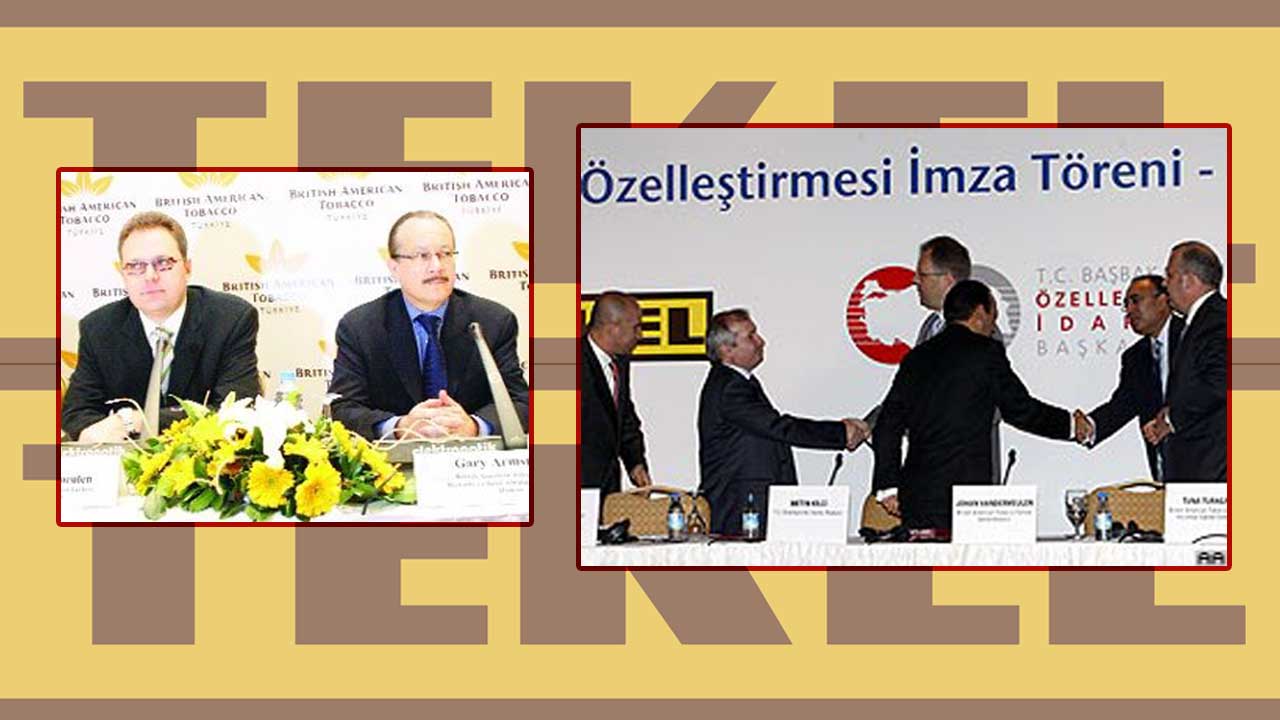
The privatization of Tekel’s cigarette department took place with the decision taken in 2003. by Tobacco International (JTI) for 65% of the shares put out to tender. 1 billion 150 million dollars offer was made. The tender was canceled as this offer was deemed insufficient.
Privatization Administration officials stated that the offer of 1 billion 150 million dollars was below their expectations. “Even if we know we will keep it, we will not sell it below its value.” He made a statement. A second tender was held in 2005. However, no one submitted a bid for this tender.
The third tender was launched in 2007. Tekel’s cigarette division was acquired with this tender in 2008, Sold to British American Tobacco for 1 billion 720 million dollars. This is British American Tobacco’s 7% market share before purchasing Tekel’s cigarette division. increased to 38% with the acquisition.
What did the sale of Tekel and the laws enacted lead to?
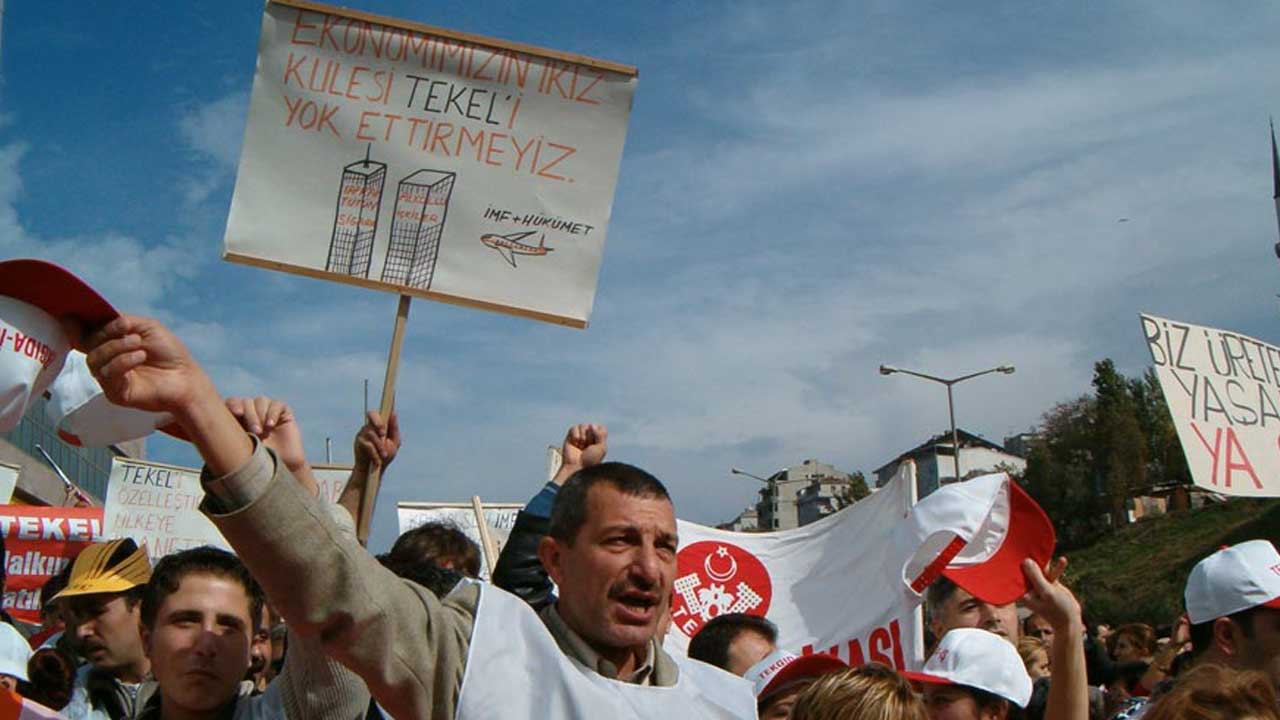
Within the scope of privatization, the sale of alcohol and cigarette units to foreign institutions, It also brought many negativities. While there were 477 thousand 429 tobacco producers in 2001, this number decreased to 402 thousand 899 with the Tobacco Law. In 2008, the number dropped to 194 thousand 282. In addition, tobacco purchases also had their share of privatization, and tobacco purchases, which were 159 thousand 521 tons in 2002, decreased to 74 thousand 584 tons in 2008.
Decline of producers It also reduced employment. The number of workers at Tekel, where 30 thousand 124 workers worked in 2001, decreased to 12 thousand. In addition, when privatization was carried out, Tekel had 110 leaf tobacco workplaces, 6 cigarette factories, 1 match factory, 19 alcoholic beverage production facilities, 84 marketing directorates, 10 salt enterprises, 1 sung silk and 1 viscose factory. In 2009, only 57 leaf tobacco businesses, 2 salt businesses and 1 packaging factory remained.
British American Tobacco did not keep its promise that the factories in Tokat and Ballıca would be open and 2 thousand people were employed. Tokat Cigarette Factory was closed. TPG closed 9 factories after privatization, causing workers to lose their jobs and grape producers to suffer.
The protests of the workers were not enough to reopen the Tekel factories and an era ended.
Tekel workers, on the closure of Tekel factories and their victimization protested. Prime Minister of the time Erdogan’s At an opening he attended, Tekel workers said, “Tekel expects good news from you.” Erdoğan responded to his statement by saying, “I am not one of those leaders who is used to giving good news.” he said and stated that Tekel was completely evacuated and became non-producing.
Stating that it was transferred within the scope of privatization, Erdoğan said that those who wish will be employed in 4-C status and will be able to receive severance and notice pay. Workers who oppose this pressurized water, pepper spray and disproportionate force He was faced with.
Protests and hunger strikes continued with Erdoğan’s striking statements that angered Tekel workers. Erdoğan said, “We have closed the era of making money by sleeping. There is no giving without producing. ‘The government’s asset is a sea and they are pigs who do not use it.’ They looked at it with understanding. “We will not allow this.” said.
Among Erdoğan’s statements: The cost of 10 thousand monopoly workers is 40 trillion also took part. The process was closed with meetings with union representatives and instructions given to ministers to look for another way out.
It may be possible to look at the positive side of some privatizations, but Tekel, which was the only arbiter of alcohol and tobacco at the time, privatization and destruction, It not only revealed a sad story, but also greatly affected the country’s economy.
RELATED NEWS
Turkish Cigarettes That Once Made Even Santa Claus a Smoker in the USA: Fatima, Murad, Omar…
RELATED NEWS
